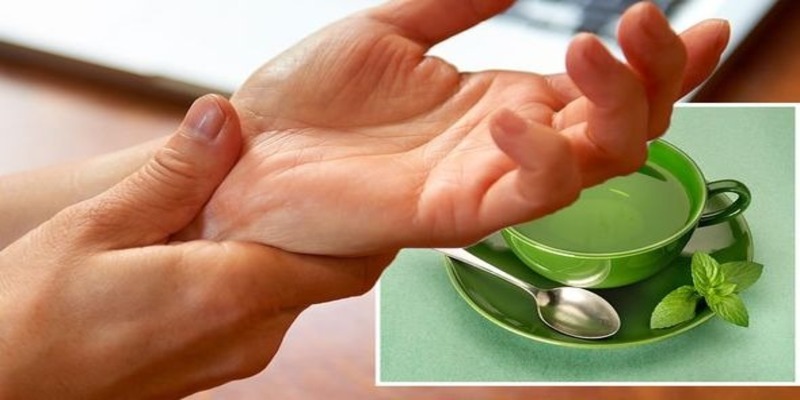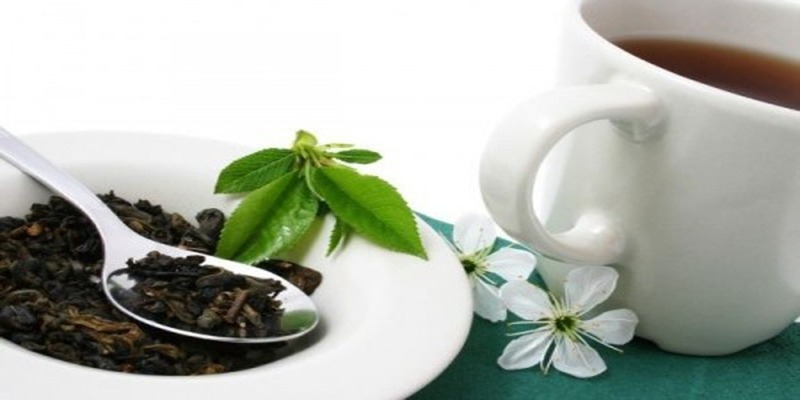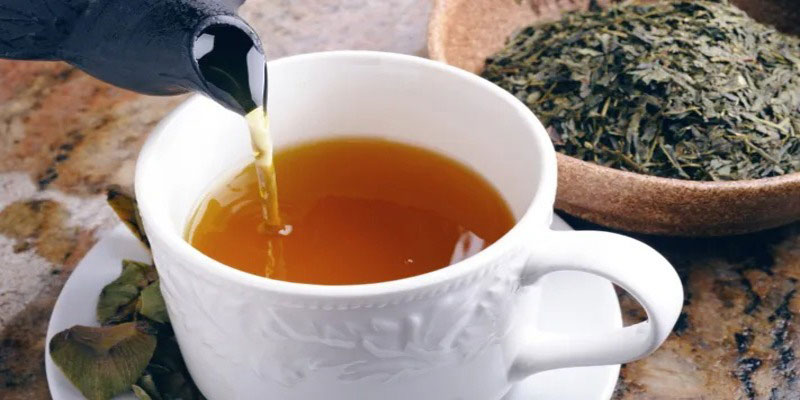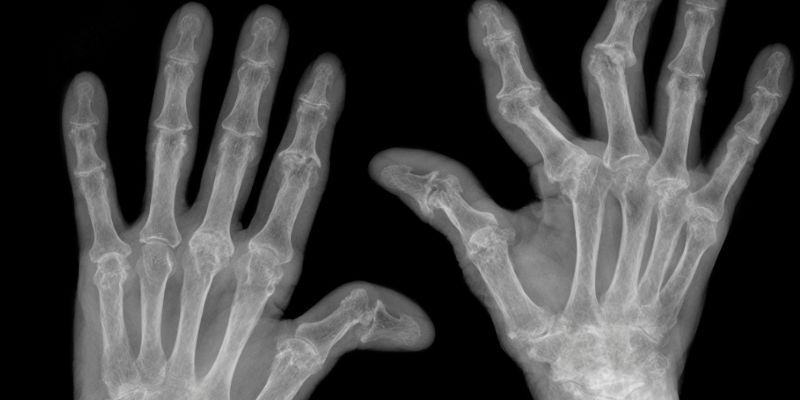A soothing cup of tea might be the answer to alleviating the aches and pains that make daily living difficult for you. Those who drank more than two cups of tea each day were shown to have a lower risk of developing rheumatoid arthritis than those who did not drink tea frequently, MD thinks tea can help treat arthritis.
"Theoretically, the underlying inflammation may respond favorably to the wonderful anti-inflammatory qualities of some teas. The U.S. Food and Drug Administration (FDA) has not recognized tea or any other dietary supplement as a medication for treating any ailment or sickness.
Ginger Tea

To put it simply, it's not just for tummy aches. In 2016, researchers in Italy looked at how taking ginger supplements affected inflammation and persistent knee pain in persons with arthritis, and their findings were published in Natural Product Research.
Those who took 25 mg of ginger and 5 g of echinacea daily for 30 days showed statistically significant improvements on a quality-of-life pain measure. You can find ginger root at any supermarket or health food shop; to prepare it, thinly slice it and let it soak in boiling water for about 10 minutes.
If you are using blood-thinning medicine, you may want to avoid ginger since it can impact clotting, as reported by Michigan Medical.
Green Tea
This antioxidant powerhouse may help alleviate the discomfort and swelling of rheumatoid arthritis in the joints and its other benefits on heart and brain health. Animal research published in Arthritis &'' Rheumatology in February 2016 suggested that a phytochemical in green tea called epigallocatechin-3-gallate (EGCG) may inhibit RA without interfering with other cellular activities.
Although this research was done on animals, the authors are optimistic that EGCG may stand in for conventional pharmaceuticals someday. Green tea may have pharmacological interactions, including with acetaminophen, codeine, and other medications, as reported by Memorial Sloan Kettering Cancer Center.
Rose Hip Tea
Historically, the orange-red fruit that develops on rose bushes after the flowers have faded has been utilized as a herbal medicine due to its high vitamin C content. Researchers discovered that rose hip powder "consistently lowered pain ratings."
Get it in a health food store or a specialized tea shop; rose hips produce a tart and fruity tea commonly combined with hibiscus. Rose hip may exacerbate symptoms of sickle cell disease, anemia, and iron deficiency. Thus anyone with these conditions should stay away from it. If you're expecting a child, consult your doctor before drinking rose hip tea.
Black Tea
Black tea, the gold standard, has high amounts of quercetin, a bioflavonoid with anti-inflammatory benefits. In research conducted on animals and published in the Archives of Biochemistry and Biophysics, quercetin was discovered to decrease inflammation and boost antioxidant defense.
Nevertheless, depending on the preparation method, black tea can contain significant amounts of caffeine, which, according to MedlinePlus, may reduce the efficacy of several drugs. Do not drink it if it causes anxiety; switch to decaf.
Willow Bark Tea
Mount Sinai says willow bark is a chemically comparable herbal pain reliever to aspirin. According to a meta-analysis published in Phytotherapy Research, the polyphenols and flavonoids included in willow bark extract have anti-inflammatory and analgesic properties.
Nevertheless, those who take several drugs at once should not use this kind of treatment. Do not use willow bark if you are on methotrexate, a nonsteroidal anti-inflammatory drug (NSAID), a beta-blocker, blood-thinning medicine, are pregnant, or are under the age of 16.
Nettle Leaf Tea
Stinging nettle has been used to alleviate aches and pains in muscles and joints, as well as arthritis and gout, for centuries, particularly in Europe. Nettle is sold at many health food stores. However, it shouldn't be consumed by persons with renal or bladder problems or while pregnant. Mount Sinai reports that nettle leaf is also used topically on the skin to relieve joint discomfort.
Added Green Tea Advantages

Green tea's health advantages may extend beyond those for RA. The amino acid L-theanine, present in green tea, has been shown to substantially boost cognitive performance and reduce stress in 2019 research when paired with caffeine. Green tea consumption has also been linked to a reduced risk of cardiovascular disease. Those with a heart attack or stroke may also benefit from this. According to some anecdotal data, green tea use may also lower the chance of acquiring various forms of cancer.




